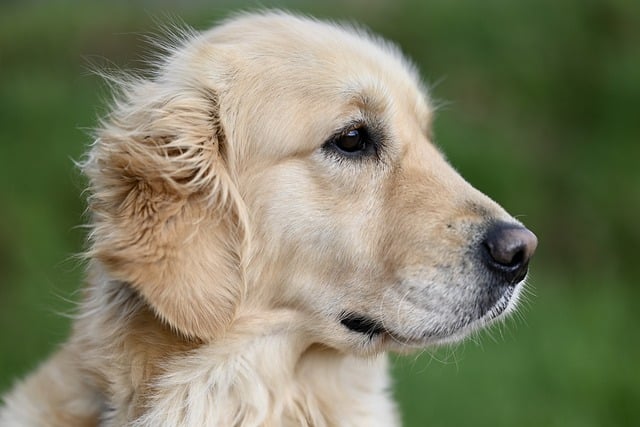
Should dogs be given paw pads and protective covers
Should dogs wear paw protectors? If you’ve ever stood in the Arizona sun, watching your boxer “Rocky” lift his paws off the asphalt like he’s stepping on a hot griddle
How do you know if your dog needs glands expressed? If you’ve ever caught your dachshund “Ollie” dragging his butt across the living room carpet like it’s a magic carpet ride, or noticed a fishy, rotten smell clinging to his tail even after a bath, you might be dealing with anal gland issues. It’s not the most glamorous part of dog ownership, but spotting the signs early can save your pup a lot of discomfort—and your couch a lot of wear.
First, let’s demystify those glands. Dogs have two small sacs near their anus that produce a smelly, oily fluid—nature’s way of marking territory, like a canine business card. Normally, when they poop, the pressure squeezes these glands, releasing the fluid. But sometimes, the glands get blocked: maybe the fluid is too thick, or your dog’s stool is too soft to push it out. Small breeds (like Ollie) or dogs with obesity are extra prone—their anatomy makes it harder for the glands to empty naturally. When this happens, the glands swell, and that’s when the trouble starts.
So, what clues should you watch for? Scooting is the biggest red flag—when your dog rubs their rear on the floor, grass, or even your favorite rug, they’re trying to relieve the pressure. Licking or biting their tail area is another sign; Ollie’s owner in Portland noticed he’d nibble at his butt nonstop before she realized his glands were full. A strong, foul odor (think rotten fish mixed with skunk) is hard to miss, even after a bath. You might also see swelling or redness near the anus, or your dog might yelp when you pet their lower back—all signs the glands are causing pain.
If you spot these, don’t panic, but don’t ignore them either. Left untreated, blocked glands can get infected, turning into a painful abscess. Start by checking with your vet or groomer—they can safely express the glands (yes, it’s as gross as it sounds, but necessary). Avoid trying it at home unless you’ve been trained; squeezing too hard can damage the glands. My neighbor learned this the hard way with her beagle “Luna”—she tried to DIY and ended up causing irritation, leading to a vet visit.
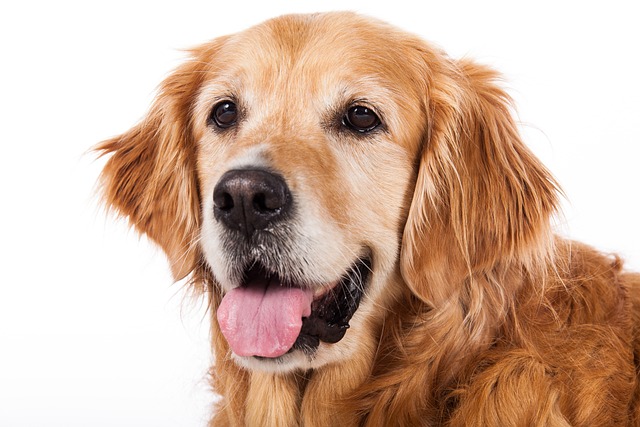
Caring for gland issues ties into broader responsible pet habits in the U.S. Stay on top of rabies vaccines—all states require them by 4 months, with fines up to $400 in places like Houston. When walking, always carry poop bags (fines for skipping in NYC hit $250) and keep an eye on your dog’s rear during potty breaks—scooting in public parks can spread bacteria, so it’s a good cue to head home and check those glands.
Apartment dwellers, note: That fishy smell can linger in small spaces, so address gland issues fast to keep your home fresh. If your dog scoots on shared carpets (like in building lobbies), it’s polite to clean the area afterward—no one wants that scent sticking around. And remember, positive reinforcement matters here too: If Ollie gets stressed during vet visits for gland checks, reward him with a treat afterward. Yelling or scolding will only make him fear the process, making future care harder.
Most dogs need their glands expressed occasionally, especially small breeds. With a little awareness, you’ll learn to spot the signs early. And when Ollie stops scooting and starts chasing his toy again? That’s the best proof you’re keeping your pup happy—even in the less glamorous moments.

Should dogs wear paw protectors? If you’ve ever stood in the Arizona sun, watching your boxer “Rocky” lift his paws off the asphalt like he’s stepping on a hot griddle
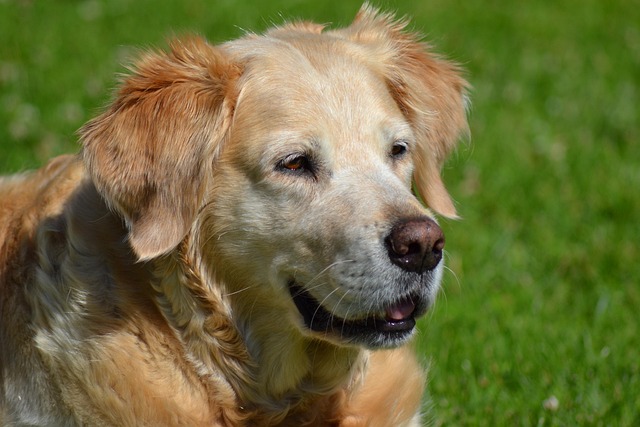
Should I condition my dog’s paw pads? If you’ve ever watched your border collie “Jax” hesitate before stepping onto the frosty sidewalk, his paws lifting like he’s touching shards of glass
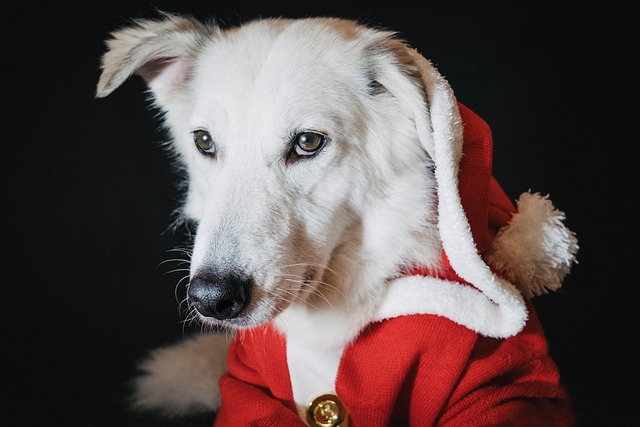
Trying to figure out your new puppy’s coat type is one of those little mysteries that pops up when you’re knee-deep in chew toys and late-night potty runs.
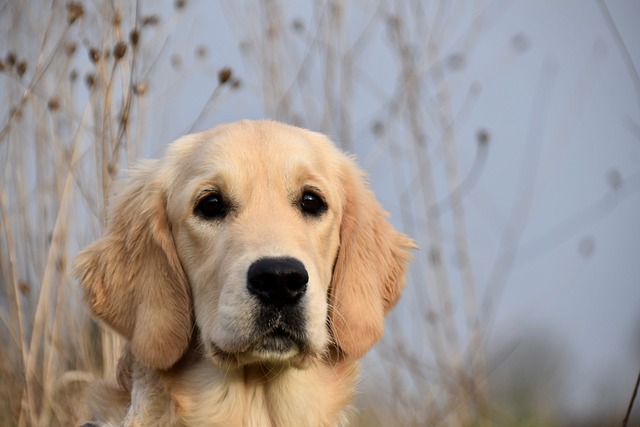
Should I condition my dog’s paw pads? If you’ve ever watched your border collie “Jax” hesitate before stepping onto the frosty sidewalk
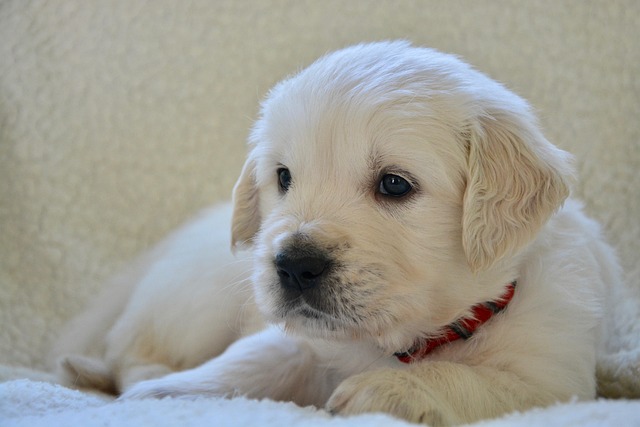
Picture this: You're giving your Golden Retriever a post-park bath in your cramped apartment bathroom, and their fur feels like straw after shampooing.
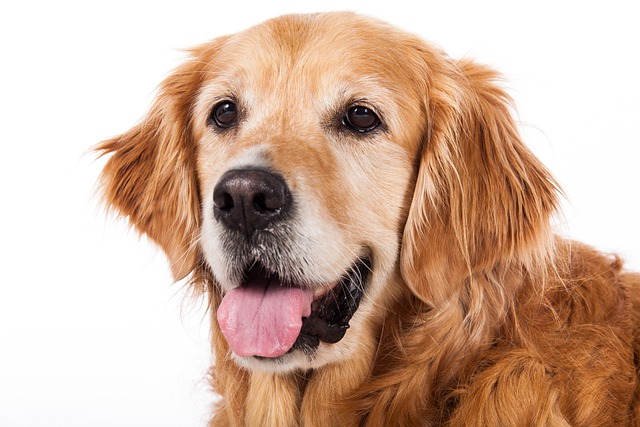
How do you know if your dog needs glands expressed? If you’ve ever caught your dachshund “Ollie” dragging his butt across the living room carpet like it’s a magic carpet ride